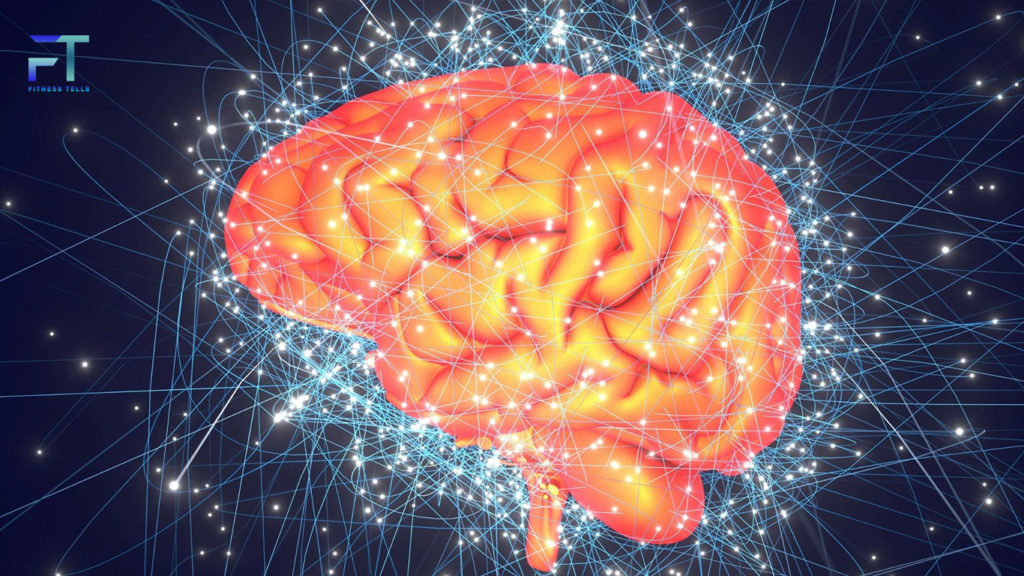You might have been led to believe that supplements can protect your health but are you aware of the dangers of multivitamins and supplements you take each day? Well, you must not be aware of them because if you were, you wouldn’t have relied on various supplements and multivitamins to stay healthy.
According to some recent surveys, the consumption of multivitamins and other related supplements has reached an all-time high. As revealed by these surveys over 81% of adults are using dietary supplements while as a whole, 77% of Americans are consuming supplements on a daily basis.
Following the above research, we also have come to know that, minerals and vitamins are the most consumed supplements followed by herbal supplements and botanicals.
Considering the rapidly evolving preferences and needs of consumers, the supplement industry also is growing at a higher pace. Consumers are also getting exposed to new types of supplements every day. Furthermore, the confidence and trust of consumers in supplements are also getting stronger with each passing day.
But are there any proven dangers of multivitamins or dietary supplements? This article aims at discussing the prominent dangers of supplements that you might not have considered earlier.
Dangers Of Multivitamins Backed By Scientific Studies
The human body requires a minimum of 13 vitamins and 16 minerals to function properly. To reach this perfect state people have to follow a balanced diet. Although most of the vitamin and mineral requirements can be obtained from diet alone, some people fail to do so and instead rely on multivitamins.
According to health experts, multivitamins are a good alternative to fulfill dietary requirements however, these are safe only if are used as directed. If you are following a multivitamin routine without consulting any health experts, you might be making a mistake.
Following are the possible dangers of multivitamins that can have adverse effects on your health.
Multivitamin Danger Number One: Multivitamins Are Not Necessarily Safe For Everyone
It is a fact backed by science that, multivitamins are not necessarily safe for everyone. Having different health conditions, the dietary requirements of one individual may vary from another.
When it comes to using multivitamins, it is essential to know that, unlike drugs and food products, the supplements are not necessarily approved by the FDA. They may be produced and sold without having to get any permission from FDA. Also, they can be purchased without any prescription.
Considering all the above facts, it is important for individuals to understand that, supplements that provide physiological or pharmacological effects can also have adverse health effects. These are also likely to produce serious health outcomes, just similar to how an overdose of regular drugs can have on your health.
Thus, it is essential for multivitamin users to consult health experts and updated literature to decide on their supplement intake. The type and dose of dietary supplements must be followed as per prescription; else it may have serious health complications.
Multivitamin Danger Number Two: Increased Risk Of Cancer

As revealed by several scientific studies, taking higher doses of vitamin B6 and B12 supplements has been identified as one of the potential risks for lung cancer. The research has further proved that men who took high doses of vitamin B6 and B12 supplements for longer periods (minimum 10 years) had developed a 2- to 4-fold increased risk of lung cancer.
Besides, vitamin B6 and B12, high doses of biotin may also increase the risk of lung cancer. To back this fact, Kathryn A. Boling, a senior health care provider at Mercy Medical Center in Baltimore, suggested using a maximum of 1 mg (1,000 mcg) of biotin daily, exceeding the dose may have adverse health effects.
Multivitamin Danger Number Three: Serious Bleeding

Another multivitamin ingredient that can land you in trouble is ‘Vitamin E’. According to a study conducted in 2017, excess supplementation is likely to result in hypervitaminosis E results in an increased risk of bleeding, and may also affect thyroid hormone production.
Doctor Kathryn A. Boling has also backed the fact that Vitamin E thins the blood which results in excessive bleeding even with minor injuries. The health expert further suggested not relying on this supplement as a random one. Unless it is suggested by any health professional, this vitamin element must not be used.
Multivitamin Danger Number Four: Indigestion Issues

Having not been issued by any certain regulatory body, you may come across a variety of supplements. From cheap ones to expensive and naturally-sourced ones, you will have plenty of options to choose from.
However, health experts have suggested using naturally-sourced supplements that have the least side effects. Most supplements that are cheap and are easily available are most likely to cause issues like indigestion and issues related to stool.
According to a study, supplements that contain Omega-3 can cause stomach problems, belching, diarrhea, and indigestion issues.
Multivitamin Danger Number Five: It May Cause Neurological Issues

There are several supplements that contain a considerable amount of tryptophan that according to health experts is linked to a mental disorder called EMS. People suffering from EMS can have intense muscle pain, fatigue, and nerve pain. Supplements that contain an increased amount of Tryptophan can have adverse effects on human health.
Alongside all the above issues, another multivitamin danger is, the supplementation may interact negatively with your existing medications. For example, if you are following medication that contains vitamin K, there are chances that it may react negatively combined with your existing medication. Thus, it is crucial to consult health experts before counting on any of the random multivitamins.
You may also want to read: 5 Best Tips For Mindfulness Meditation
The Takeaway Points
Multivitamins have proved to be an important element of what we call a modern diet. For sure, dietary supplementation is helpful for those who are unable to reach their nutrient needs following their regular diet, but excessive use of these supplements can pose serious threats to human health.
It is also crucial to understand that multivitamins are not a substitute for a balanced diet. Also, been not strictly regulated, the supplements may contain high doses of vitamins that it is mentioned on the labels, thus can have several health complications.

